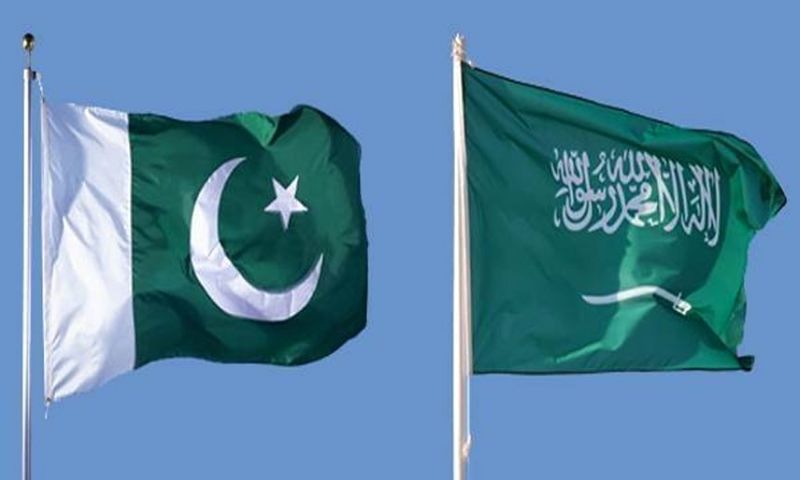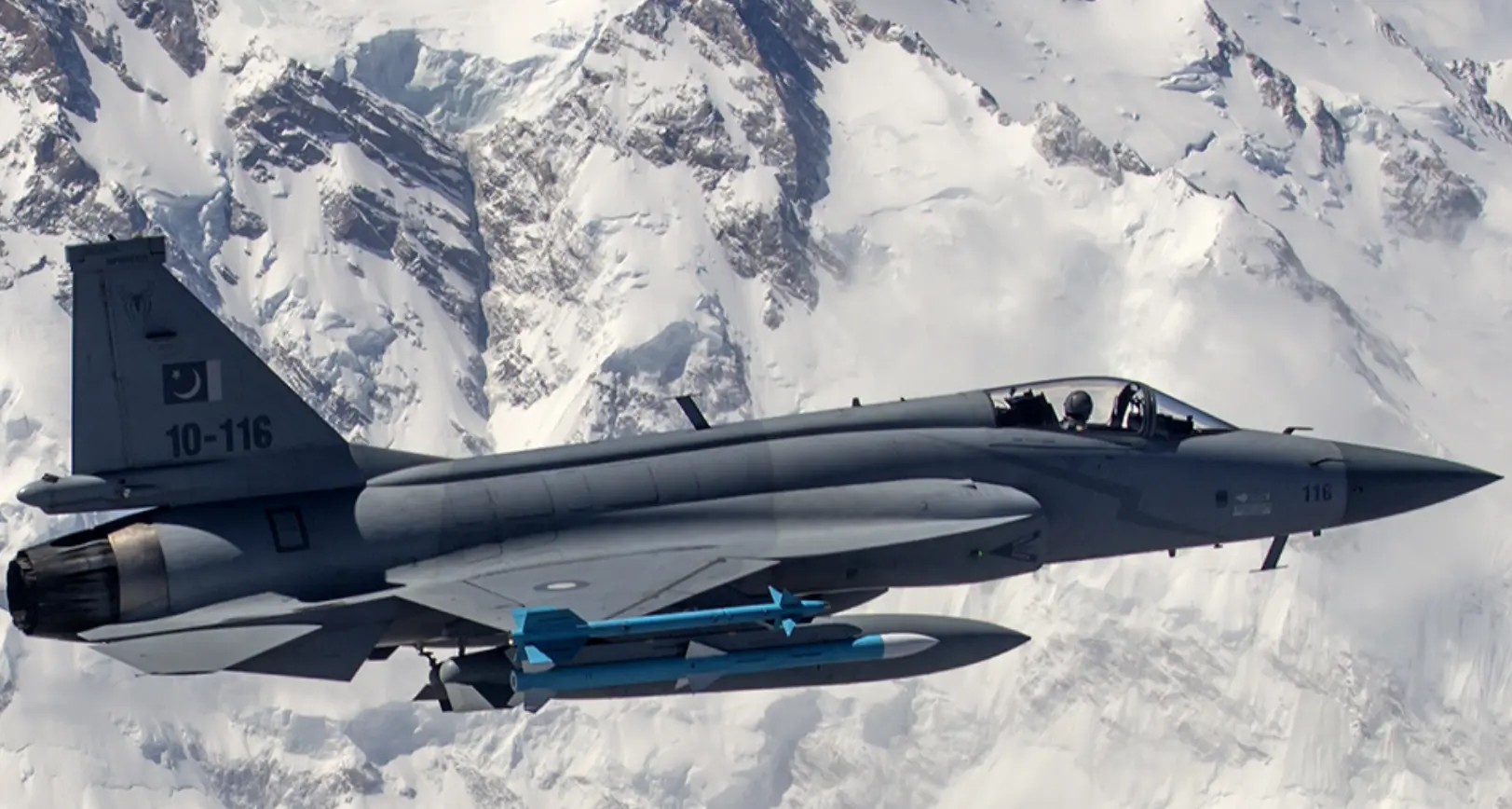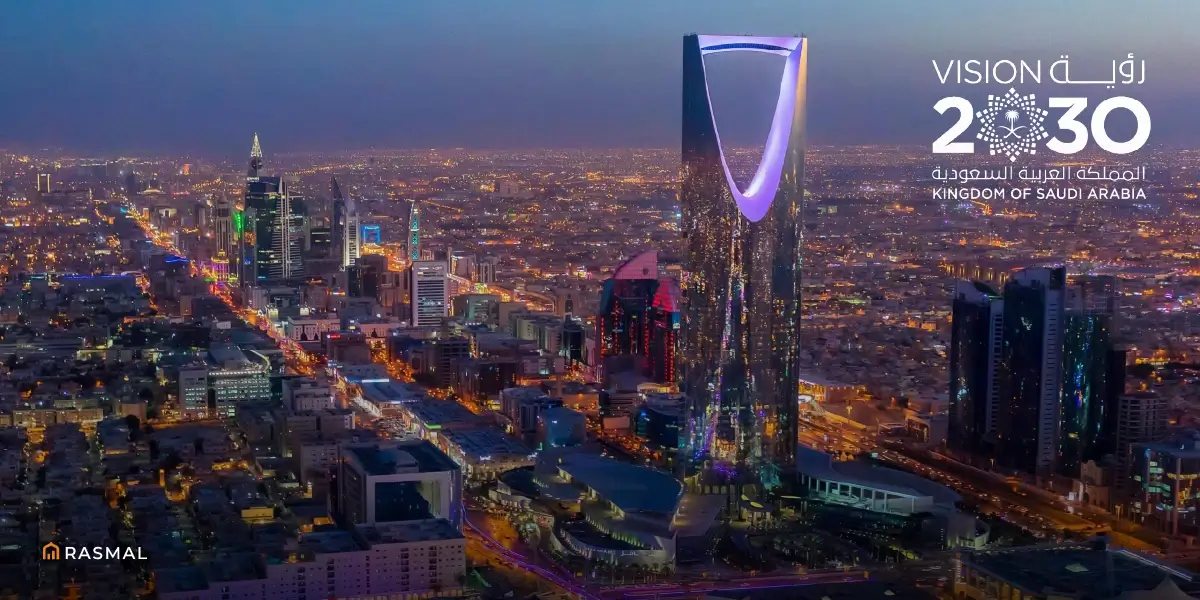As Pakistan commemorates Defense Day on September 6, it is a moment to reflect on the country’s defense capabilities, particularly its defense production, which serves as a cornerstone of national security. Over the decades, Pakistan has developed a robust defense production sector that not only meets the needs of its armed forces but also contributes to regional stability and international defense cooperation. Pakistan’s journey in defense production began shortly after its independence in 1947, with the establishment of the Pakistan Ordnance Factories (POF) in Wah Cantt in 1951. Over time, the country has significantly expanded its defense industrial base, which now includes a range of state-owned enterprises such as the Heavy Industries Taxila (HIT), the Pakistan Aeronautical Complex (PAC), and the Karachi Shipyard & Engineering Works (KSEW).

The development of the defense production sector has been driven by the need to achieve self-reliance in defense capabilities, particularly in light of the security challenges posed by its strategic environment. Over the years, Pakistan’s defense industry has evolved from producing basic equipment to manufacturing advanced and sophisticated weapons systems. For instance, the PAC Kamra has been instrumental in the production of the JF-17 Thunder, a multirole combat aircraft that has become a symbol of Pakistan’s indigenous defense production capabilities. This defense capability has allowed Pakistan to initiate several bilateral defense cooperation agreements in the region and beyond. One of the most reliable defense partners for Pakistan is the Kingdom of Saudi Arabia.

Pakistan and Saudi Arabia share a longstanding defense relationship that has deepened over the years. Both countries have historically collaborated in various fields, including military training, joint exercises, and defense procurement. Saudi Arabia has been a key ally for Pakistan, providing financial and logistical support during critical times. In recent years, there has been a growing emphasis on enhancing defense industrial cooperation between the two nations. Beyond the traditional defense cooperation, both sides have closely worked to cope up with non-traditional security threats i.e. cyber security threats and informational warfare.
Saudi Arabia, under its Vision 2030 initiative, is striving to develop its defense industry as part of its broader goal to diversify its economy and reduce dependence on oil revenues. This presents an opportunity for Pakistan to collaborate with Saudi Arabia in building and enhancing its defense production capabilities. The exchange of technology, joint ventures in defense manufacturing, and research and development (R&D) initiatives can be mutually beneficial.
For instance, Pakistan’s experience in the production of armored vehicles, aircraft, and precision-guided munitions can be of immense value to Saudi Arabia. Joint production ventures could lead to the development of new defense platforms that cater to the needs of both countries, enhancing their operational capabilities and reducing dependence on foreign suppliers. Additionally, Pakistan can benefit from Saudi investment in its defense industry, enabling further modernization and expansion of its production facilities.

As the global security landscape evolves, both Pakistan and Saudi Arabia face new and complex challenges, particularly in the domains of cyber and information warfare. Non-state actors, including terrorist organizations and state-sponsored cybercriminals, pose significant threats to national security. These actors often employ sophisticated cyberattacks to disrupt critical infrastructure, steal sensitive information, and spread misinformation to destabilize governments.
To address these challenges, Pakistan and Saudi Arabia must prioritize the development of their cyber defense capabilities. Both countries have made strides in this area, but there is a need for greater collaboration to enhance their resilience against cyber threats. Joint initiatives in cybersecurity training, information sharing, and the development of advanced cyber defense technologies can play a crucial role in mitigating the risks posed by cyber warfare.

Furthermore, the two nations can work together to counter the growing threat of information warfare. This includes developing strategies to combat disinformation campaigns, enhancing the security of communication networks, and building public awareness about the dangers of fake news and propaganda. By collaborating in these areas, Pakistan and Saudi Arabia can strengthen their national security and contribute to regional stability.
The defense cooperation between Pakistan and Saudi Arabia has broader implications for regional security, particularly in the context of the Middle East and South Asia. Both countries have a vested interest in maintaining stability in these regions, which are often plagued by conflicts and external interventions. Moreover, the two countries can play a pivotal role in regional security frameworks, such as the Gulf Cooperation Council (GCC) and the Organization of Islamic Cooperation (OIC). By working together, they can address common security concerns, such as terrorism, arms proliferation, and the impact of regional conflicts.























